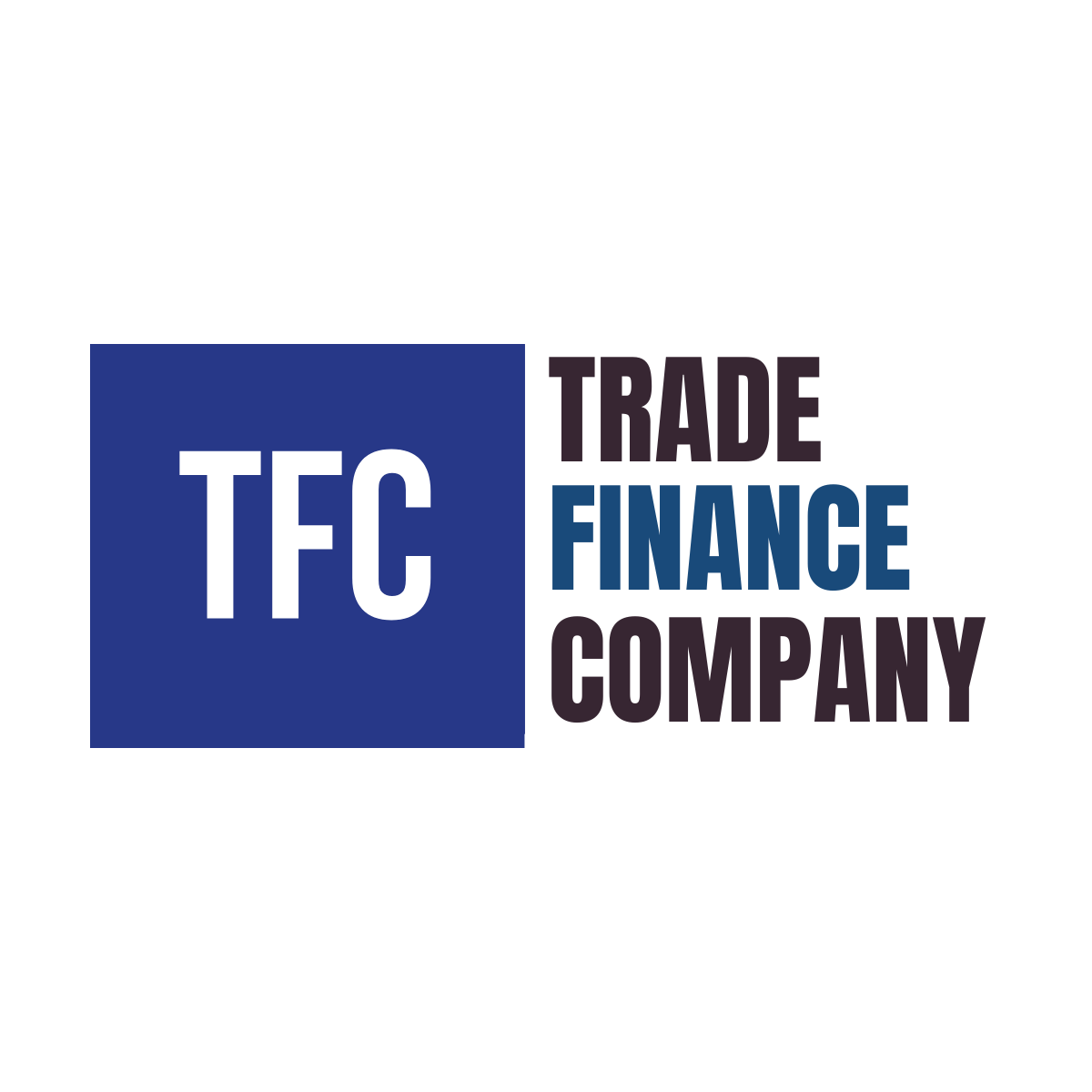Why Trade Finance Is Essential for Exporters and Importers
International trade is the lifeblood of the global economy, connecting businesses across borders. However, exporters and importers often face significant financial challenges, such as delayed payments, currency fluctuations, and trust issues between buyers and sellers. This is where trade finance plays a crucial role—it bridges the financial gap, ensuring that transactions are completed smoothly and securely.
On this article, you will understand why trade finance is a game-changer for exporters and importers. Whether you are an entrepreneur looking to expand globally or an established business seeking to improve cash flow and reduce risks, trade finance offers solutions that can enhance security, improve liquidity, and boost your international trade success.
Imagine securing a major export contract that could take your business to the next level. But there’s a problem—the buyer wants to defer payment, and you don’t have enough working capital to produce the goods. On the other hand, imagine being an importer who has found a reliable supplier but hesitates to make an upfront payment due to potential risks.
These challenges can lead to missed opportunities, supply chain disruptions, and financial instability. Trade finance eliminates these uncertainties by ensuring timely payments, reducing risk, and providing the capital needed to facilitate transactions. Without it, global trade would be much riskier and less efficient.

“Trade finance is the engine that keeps international trade running smoothly. It gives exporters confidence that they will get paid and provides importers with the security of receiving their goods as promised.”
— James Carter, Trade Finance Expert

We will explore the key reasons why trade finance is essential for exporters and importers. You’ll learn how trade finance reduces financial risks, improves cash flow, and ensures transaction security. We will also discuss practical ways businesses can leverage trade finance to expand globally, strengthen supply chains, and secure profitable trade deals. By the end of this guide, you will have a clear understanding of how trade finance can transform your business and help you succeed in international trade.
1. Secure Your Payments with Letters of Credit (LCs)
One of the biggest concerns for exporters is whether they will receive payment after delivering goods. Similarly, importers worry about whether they will get what they paid for. A Letter of Credit (LC) acts as a guarantee from a bank, ensuring that payment is only made when specific conditions are met.
How to Achieve It:
• As an exporter, request an irrevocable LC from the importer to ensure payment security.
• As an importer, work with your bank to issue an LC only after confirming the supplier’s credibility.
• Use digital LCs to speed up processing and reduce paperwork.
2. Improve Cash Flow with Invoice Financing
Many businesses struggle with long payment cycles. Exporters may have to wait 30 to 90 days to receive payments, affecting their cash flow. Invoice financing allows businesses to receive an advance on their outstanding invoices, improving liquidity.
How to Achieve It:
• Apply for invoice financing from trade finance providers or alternative lenders.
• Use factoring services to sell unpaid invoices for immediate cash.
• Ensure your invoices are accurate and comply with trade finance regulations to avoid delays.
3. Reduce Non-Payment Risks with Trade Credit Insurance
One of the biggest fears for exporters is buyers defaulting on payments. Trade credit insurance protects businesses against this risk by compensating them in case of non-payment.
How to Achieve It:
• Research trade credit insurers that specialize in your industry.
• Include insurance costs in your pricing strategy to protect your margins.
• Regularly assess the creditworthiness of your buyers to minimize risks.
4. Expand Market Reach with Supply Chain Finance
Supply chain disruptions can be costly. Trade finance solutions like supply chain finance help importers and exporters optimize their working capital and maintain smooth operations.
How to Achieve It:
• Use reverse factoring to get suppliers paid early while extending your payment terms.
• Collaborate with financial institutions that provide supply chain financing options.
• Digitize supply chain financing processes to reduce delays and paperwork.
5. Use Bank Guarantees to Secure Trade Deals
Many international trade deals require exporters or importers to provide a financial guarantee to reassure the other party. Bank guarantees help businesses win contracts and strengthen trade relationships.
How to Achieve It:
• Request a performance guarantee to assure buyers of contract fulfillment.
• Use an advance payment guarantee if the buyer provides upfront payment.
• Work with a reputable bank that offers competitive guarantee terms.
6. Stay Compliant with Trade Finance Regulations
Navigating international trade regulations can be complex. Failing to comply can lead to delayed shipments, penalties, or loss of financing.
How to Achieve It:
• Stay updated on global trade finance regulations specific to your industry.
• Work with trade finance experts or legal advisors to ensure compliance.
• Use automated trade finance platforms to simplify compliance checks.



